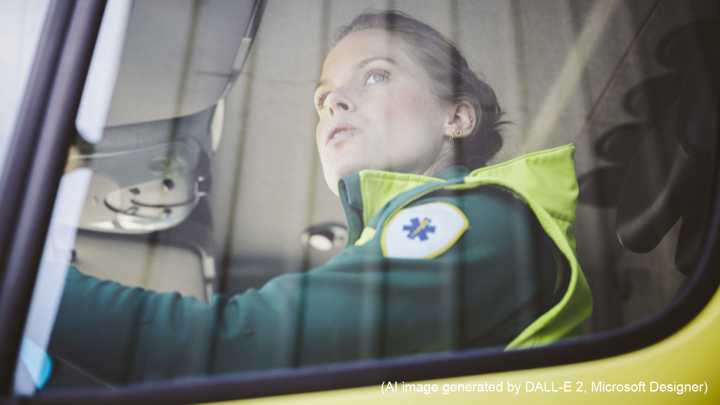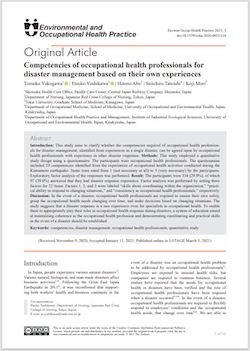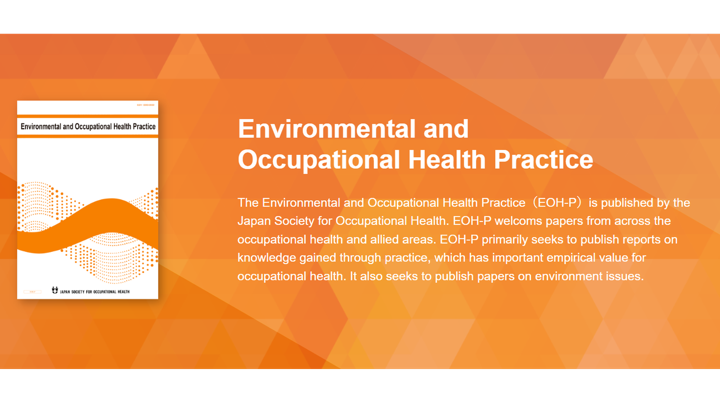#E0030 Competencies of occupational health professionals for disaster management based on their own experiences

Coping with Crises: Role of Occupational Health Professionals in Disaster Responses
Disasters, both natural and manmade, pose a serious threat to businesses. In the wake of a disaster, ensuring both business continuity and worker health becomes important from an occupational health perspective, highlighting the role of occupational health professionals (OHPs) in disaster management.
To improve disaster responses among OHPs, training for disaster management-related competencies is required. In order to identify these competencies, Japanese researchers collated a list of 29 skills OHPs require for responding to disasters. This list was based on response activities conducted during a single disaster— the Kumamoto earthquake. Subsequently, the researchers tested the validity of the list by surveying OHPs with experience in responding to other disasters.
The competencies in the list were largely broken down into three categories: skills for coordinating within the organization, practical ability to respond to changing situations, and consistency as OHPs. Respondents were required to rate each of the 29 competencies on a scale of 1 (not necessary at all) to 5 (very necessary). Moreover, they were also asked to disclose whether they had disaster response experience.
Of the 334 OHPs who completed the survey, 29.0% were found to have disaster response experience. Overall, most experienced OHPs agreed with the list of competencies for disaster responses. Based on their responses, the establishment of trust with employees and the company appeared to be the most important competency. Moreover, being able to adequately understand employees’ health issues and history in detail was also deemed important. Overall, the top 10 most highly rated competencies were related to assessment skills of OHPs and their ability to identify their specific roles in the given situation.
Together, the findings suggested that although disaster responses are not a common experience for OHPs, certain skills are applicable across different types of disasters. In the event of a disaster, OHPs must first ensure their own safety and then understand changes in occupational needs and act accordingly. The findings underscore the importance of developing adequate frameworks for training OHPs in maintaining coherence in their own role and coordinating and responding to disasters. Such training frameworks and related guidelines could significantly improve occupational disaster responses and aid in business continuity and economic growth without compromising on worker needs.

Link to the original journal article:
https://www.jstage.jst.go.jp/article/eohp/3/1/3_2020-0023-OA/_article
Title of the paper:
Competencies of occupational health professionals for disaster management based on their own experiences
Authors:
Tomoko Yokogawa, Etsuko Yoshikawa, Hitomi Abe, Seiichiro Tateishi, Koji Mori




